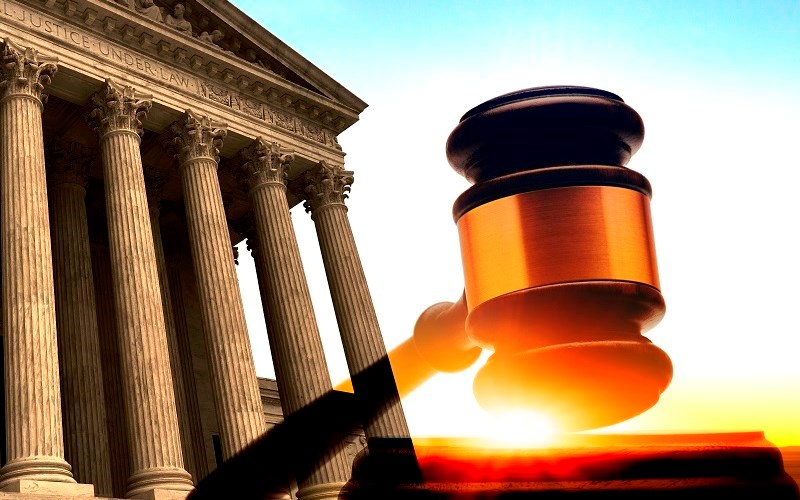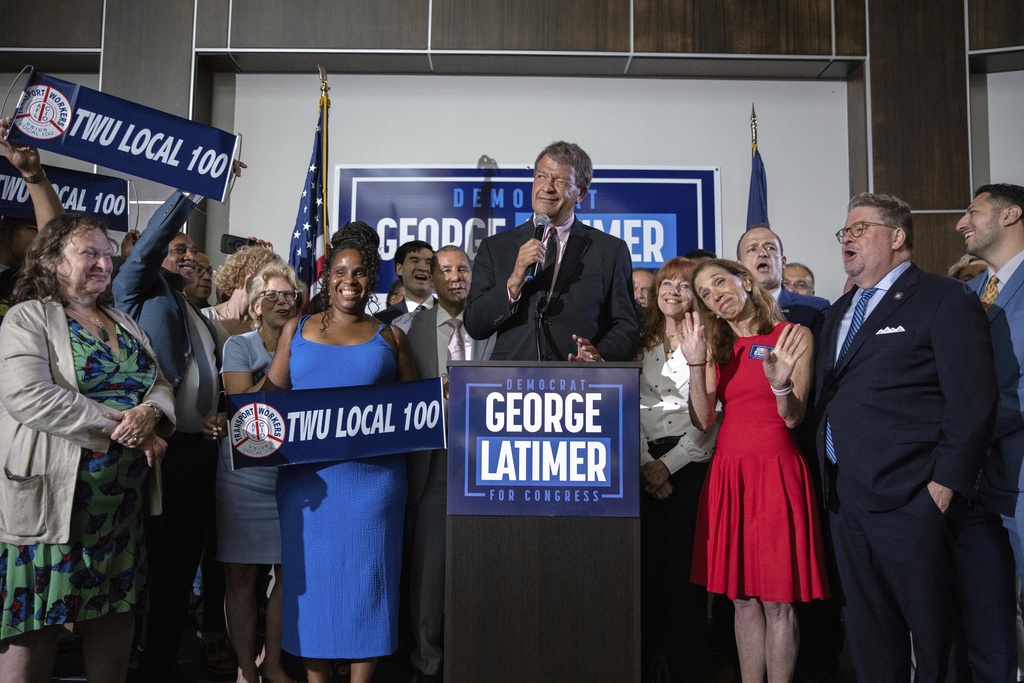By a 6-3 vote, the justices threw out lower-court rulings that favored Louisiana, Missouri and other parties in their claims that officials in the Democratic administration leaned on the social media platforms to unconstitutionally squelch conservative points of view.
Justice Amy Coney Barrett wrote for the court that the states and other parties did not have the legal right, or standing, to sue. Justices Samuel Alito, Neil Gorsuch and Clarence Thomas dissented.
The decision should not affect typical social media users or their posts.
The case is among several before the court this term that affect social media companies in the context of free speech. In February, the court heard arguments over Republican-passed laws in Florida and Texas that prohibit large social media companies from taking down posts because of the views they express. In March, the court laid out standards for when public officials can block their social media followers.
The cases over state laws and the one that was decided Wednesday are variations on the same theme, complaints that the platforms are censoring conservative viewpoints.
The states had argued that White House communications staffers, the surgeon general, the FBI and the U.S. cybersecurity agency are among those who applied “unrelenting pressure” to coerce changes in online content on social media platforms.
The justices appeared broadly skeptical of those claims during arguments in March and several worried that common interactions between government officials and the platforms could be affected by a ruling for the states.
The Biden administration underscored those concerns when it noted that the government would lose its ability to communicate with the social media companies about antisemitic and anti-Muslim posts, as well as on issues of national security, public health and election integrity.
White House press secretary Karine Jean-Pierre said the court reached the right outcome because "it helps ensure the Biden Administration can continue our important work with technology companies to protect the safety and security of the American people, after years of extreme and unfounded Republican attacks on public officials who engaged in critical work to keep Americans safe.
Louisiana Attorney General Liz Murrill called the decision “unfortunate and disappointing.” The court majority, Murrill said in a statement, “gives a free pass to the federal government to threaten tech platforms into censorship and suppression of speech that is indisputably protected by the First Amendment. The majority waves off the worst government coercion scheme in history.”
The justices did not weigh in on the substance of the states' claims or the administration's response in their decision Wednesday.
“We begin — and end — with standing,” Barrett wrote. “At this stage, neither the individual nor the state plaintiffs have established standing to seek an injunction against any defendant. We therefore lack jurisdiction to reach the merits of the dispute.”
In dissent, Alito wrote that the states amply demonstrated their right to sue. "For months, high-ranking government officials placed unrelenting pressure on Facebook to suppress Americans’ free speech. Because the court unjustifiably refuses to address this serious threat to the First Amendment, I respectfully dissent,” he wrote for the three justices in the minority.
Some free speech advocates praised the result, but lamented how little guidance the court provided.
“The platforms are attractive targets for official pressure, and so it’s crucial that the Supreme Court clarify the line between permissible attempts to persuade and impermissible attempts to coerce,” said Alex Abdo, litigation director of the Knight First Amendment Institute. "This guidance would have been especially valuable in the months leading up to the election.”
The Supreme Court had earlier acted to keep the lower-court rulings on hold. Alito, Gorsuch and Thomas would have allowed the restrictions on government contacts with the platforms to go into effect.
Free speech advocates had urged the court to use the case to draw an appropriate line between the government’s acceptable use of the bully pulpit and coercive threats to free speech.
A panel of three judges on the New Orleans-based 5th U.S. Circuit Court of Appeals had ruled earlier that the Biden administration had probably brought unconstitutional pressure on the media platforms. The appellate panel said officials cannot attempt to “coerce or significantly encourage” changes in online content. The panel had previously narrowed a more sweeping order from a federal judge, who wanted to include even more government officials and prohibit mere encouragement of content changes.
The decision was the sixth this term in which the court threw out rulings by the 5th Circuit, one of the nation's most conservative appeals courts. Last week, the court upheld a gun restriction aimed at protecting domestic violence victims, overturning a 5th Circuit panel.
Earlier in June, the court unanimously ruled that anti-abortion doctors lacked standing to challenge Food and Drug Administration decisions to ease access to the abortion drug mifepristone.







